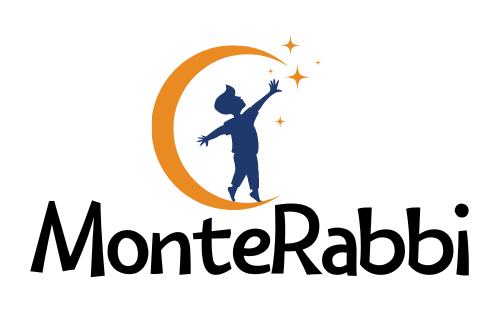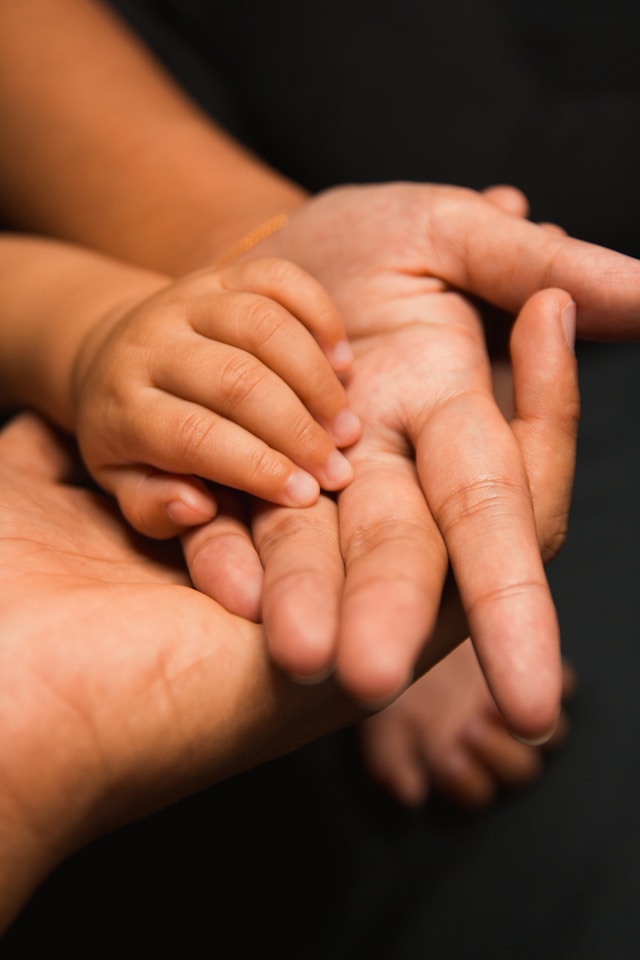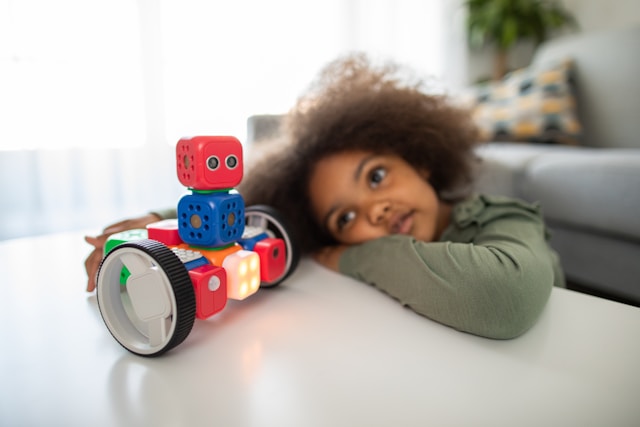Language and speech development milestones are related to receptive language and expressive language. Most communication skills develop rapidly in your child’s first year of life. With time your child will learn how to express him/herself, understand when you communicate with them, and how to respond to you.
However, this will take place before your child learn how to talk with real words; around their birthday. In this article, we will discuss your child’s language and speech development from birth to 15 months.
Birth to 3 Months
Immediately after birth, your child’s first language of communication is crying. However, your baby will make different cries for different reasons; one cry does not fit all. For instance, when your baby needs a diaper change you may hear his/her whimpering staccato cry. And produce a piercing scream to send you signals of hunger.
As your baby grows, she starts to produce cooing sounds and sighs. At this age, you can help your child to develop her language by holding your baby so that you are face to face, singing to your baby, allow your baby to listen to different sounds like ticking clock, music box, and wind chime among others. Also, you can talk to your child in a soothing affectionate, and friendly tone.
4- 6 Months
At this stage between 4-6 months, your baby starts to bubble with vowels and consonants making sounds like “baba”, “mama”, “yaya”. Your baby will also start to respond to new sounds rather than the usual telephone and vacuum sounds.
Again, you will see your child smiling at you or responding to music. Your baby will also respond to your tone variation such as “no”, whine to get his/her desires met, learn and start to take turns in talking while attempting to interact with adults.
At the same age duration, your child will start to recognize his name by turning when he is mentioned. Your baby will also show anticipation to feeding time and gets excited when you shake bottles.
To encourage your child’s communication, laugh with your baby, talk to your baby imitating his/her when feeding, diaper changing, or bathing. Also, you can encourage squealing as you make funny sounds or faces laughing and blowing on your baby belly.
Amazingly whether you speak French, English, or Japanese in your home, babies’ babbling sounds the same throughout the world. You might notice your child overusing some sounds like “da”, “ka” because of the way they sound and how her mouth feels as she says them.
7 to 12 Months
At around 7 to 12 months, your child babbles and vocalizes. In addition, you start to make sense of your child’s sounds. The reason is, your baby is trying to copy tones and patterns that you use. However, you can enrich your baby’s babbling by talking and reading to her.
Also, you can encourage your child to talk by adding and repeating sounds your baby makes, name common things like ball, bottle, blanket, and many more. Playing suitable games like “Peek-a-boo” with your baby would also help.
By the first birthday of your child, he/she will be able to say one or two words, communicate mostly using gestures, identify two or more body parts, and make short and long groups of babbling sounds like “mama mama”.
12 to 15 Months
At this stage, your child is making use of one or two words and knows what the words mean. At times your baby will practice inflection especially when asking questions or wanting to be carried, and raise h/her tone.
Your baby realizes and appreciates language importance and taps into the power of communicating his/her needs. You need to encourage him/her to talk; If your child wants something he/she is pointing or reaching say the word as you give the item to him/her. You can also look at picture books as you describe the pictures to encourage language development.
Finally, as a parent or caregiver, no one knows your child better than you do. So, if you gauge your child’s speech development and notice something unusual, you need to discuss it with your child’s doctor. On the other side, as your child grows, he/she might become a chatterbox. You might long for the speechless peaceful days, but you will have play-to-play of everything that happens around him/her.


